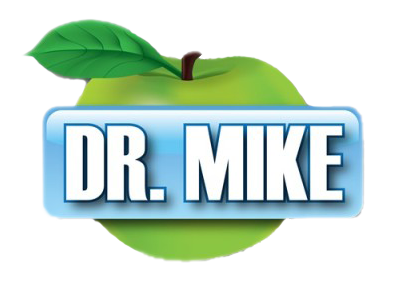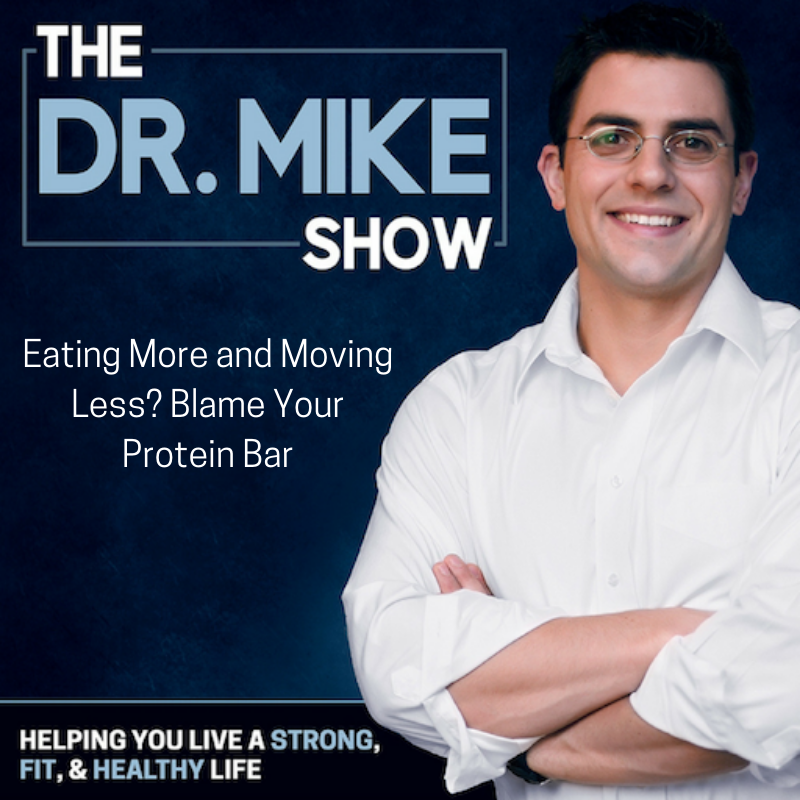Last night was a rare treat as I was able to have dinner with a long-time friend who was in town for business.
(Rochester, NY isn’t really a business hub that people frequent.)
As you can imagine, our conversation eventually landed on nutrition. 🙂
We started talking about my friend’s diet,and there were two distinct topics we discussed.
1. My friend is in the middle of a big transition.
When talking about how to get his diet back on track. He said he’d tried counting calories, going Paleo, and working out with a trainer but nothing had given him the results he was looking for. In the end he said, “This week is a little crazy, but after that I’ll be able to focus on my diet.”
This week isn’t crazy…this week is LIFE. I have seen this approach with countless clients over the years. They view their current situation as something special and wait for life to return to normal so that they can place more of an effort on their nutrition. Life is life. Life is never normal. There is no regular schedule. To be successful with your diet and health in the long term, you need to thrive during the crazy weeks. You can’t just throw in the towel and start again on Monday.
Action Step: Look at your current week.What are some changes you can make this week? Can you add more servings of fruits or veggies? Can you eat lean protein at every meal?” You don’t need to be perfect, but think about how you can set yourself up for success and make the best choice in whatever situations you will find yourself in. Don’t just throw in the towel and order a double fettuccine alfredo with garlic bread. (Hint: Go for the chicken picatta—hold the pasta, extra vegetables on the side—instead.)
2. He knows enough about nutrition. He needs better “food logistics.”
My buddy has probably read more diet books from Barnes & Noble than I have. (I stopped regularly reading from that section of the bookstore years ago as I couldn’t handle the outright lies in so many nutrition books.)
He has a lot of nutrition knowledge. He understands how protein, carbs, fats, and calories work. In other words, he’s got the basics down. Reading another diet book (unless it is MetaShred :)) isn’t going to help him. Lack of nutrition knowledge hasn’t let him down. Consistent execution of his nutrition knowledge, or what I call food logistics, is the gaping hole in his diet arsenal.
As General Robert H. Barrow, Commandant of the U.S. Marine Corps, said,
“Amateurs talk about tactics, but professionals study logistics.”
This is one of my favorite quotes because it emphasizes what truly matters for long-term diet success:logistics. How do you consistently get the right food to eat at the right times, day in and day out?
Chasing your “next diet” is a futile search. You’re fruitlessly looking for the next “food trick” that’ll magically unlock your weight loss, when what you really need is better execution—better food logistics.
The more effort you can put into planning and ensuring that you have the right food available to you at the right times is time well spent. Many nutrition challenges, like eating 30 grams of protein at breakfast, can seem daunting until you sit down and plan how how to make it happen (Click here to see how master protein at breakfast).
Food logistics includes meal planning and it includes pre-planning for eating out. Improving your food logistics means improving your preparedness to execute your diet.
Action Step: How can you improve your food logistics? What is one situation where you can standardize your food ordering or eating options to improve your chances of success?





